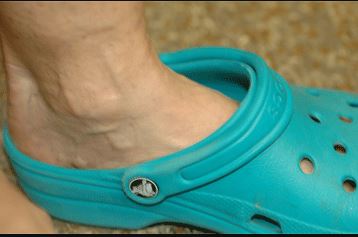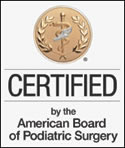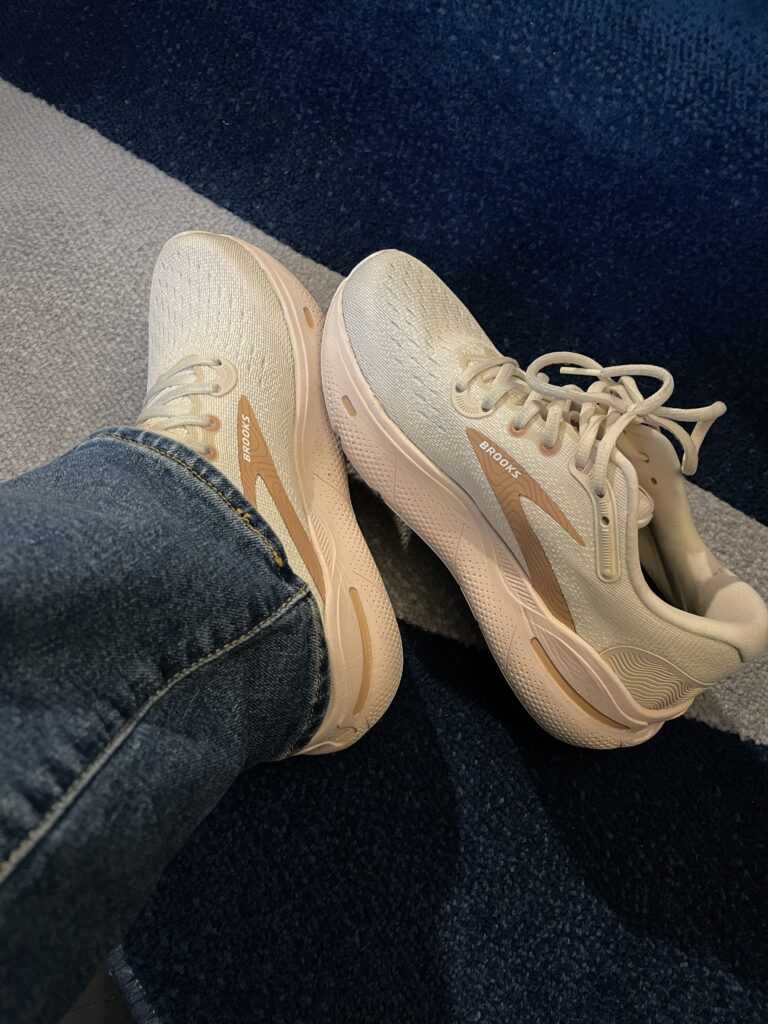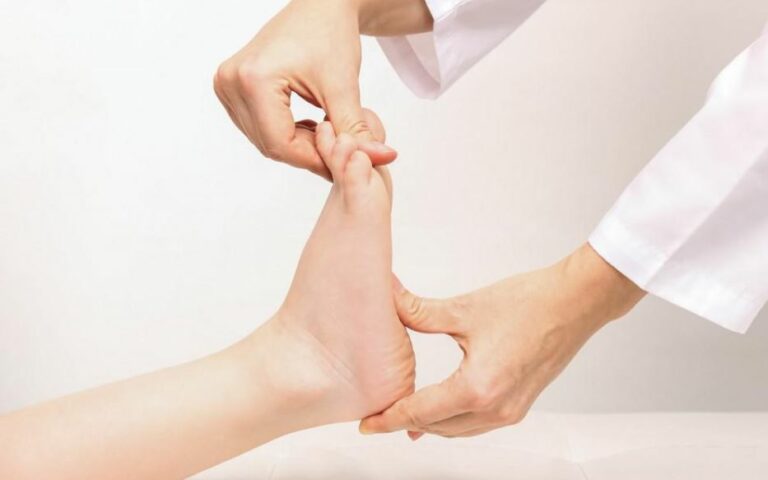
Crocs have become a very popular footwear option all year round. We see patients of all ages coming in with their Crocs, especially children. School kids have made Crocs their everyday shoe. Usually, shoes are seasonal but these are worn all year round.

Can these spongy shoes actually cause problems for your feet? We always preach that a shoe should be comfortable and supportive. Below, we take a closer look at Crocs and explain how to avoid foot problems if you own a pair.
Crocs are roomy and lightweight, but that doesn’t mean that they are a perfect option for your feet. Their design can leave you susceptible to a variety of foot injuries. Here’s how:
Lack of Support – While they may be comfortable, Crocs are far from the most supportive type of shoe. They provide very little support to your ankle and your arches, which can lead to soft tissue injuries. If your foot isn’t supported in the midfoot area, you’ll be at an increased risk for heel pain.
No Heel Support – Crocs can be worn backless, and even when the back strap is engaged, they offer very little support for your heel. When people present to our office with heel pain or arch pain, we often ask about their footwear choices, and it’s not surprising to learn that they wear Crocs frequently. Your heels need support from the shoe when walking, and they don’t get that from Crocs.
Sweaty Feet – The everyday use of Crocs can lead to moist environment causing moisture related issues such as athletes foot, nail fungus and bacterial infections etc. Even with the air holes on the top of the toe box the shoe can still harbor bacteria and fungus.

Falls – Many people say that Crocs are comfortable because of their wide fit, but that also makes the footwear a significant trip and fall risk. This loose fit has caused ankle sprains, heel pain, tendonitis and even knee and back pain. Your Crocs can greatly increase your risk of a fall.
If you’re going to wear Crocs, wear them at home. They are a good option for some as a house shoe. But they are not a substitute for a supportive, good structured shoe to wear to work or school. They are great for walking down to the beach or wearing to go outside and grab the mail, but don’t make them your everyday shoe. Crocs simply do not provide enough support for your feet, and while you can get by with this lack of support in short intervals, putting your feet in unsupportive shoes for extended periods can greatly increase your risk of all the issues we mentioned above.
For more information about Crocs or for answers to any other footwear-related questions you may have, reach out to the team at Renaissance Ankle & Foot today. https://renaissancefac.com/appointments/









